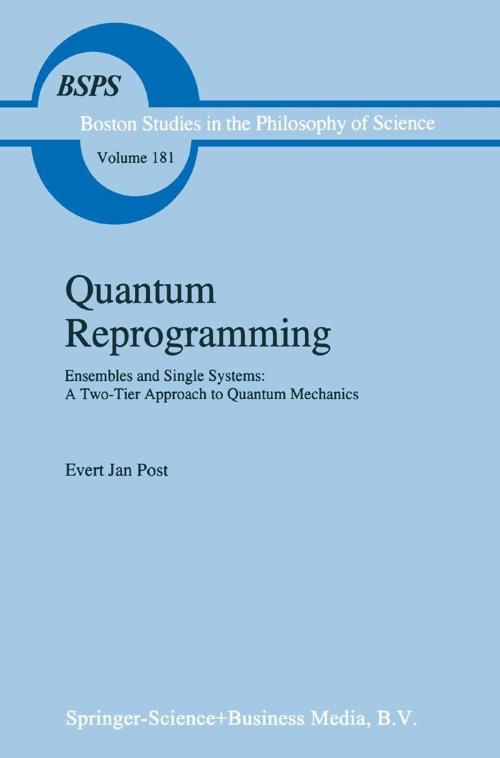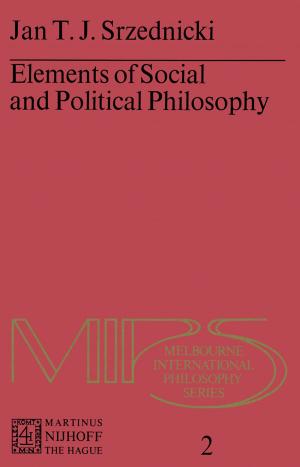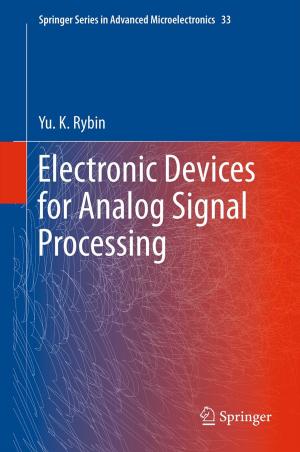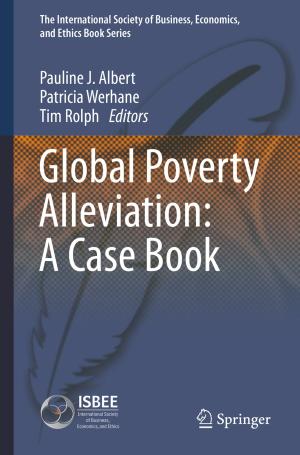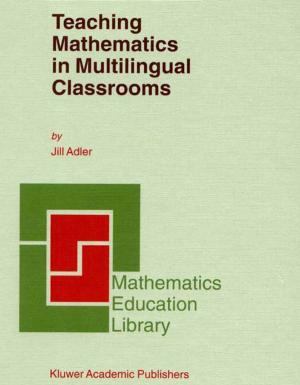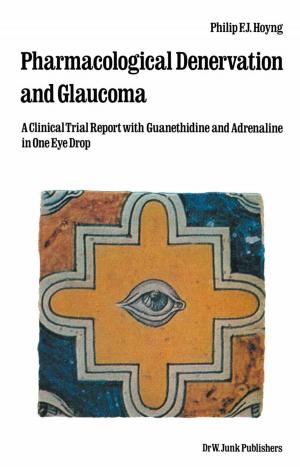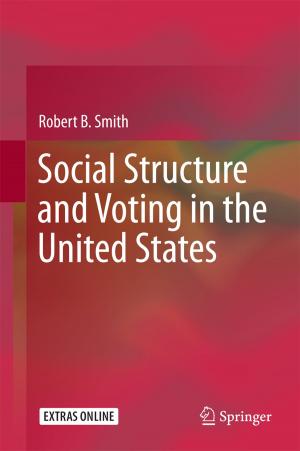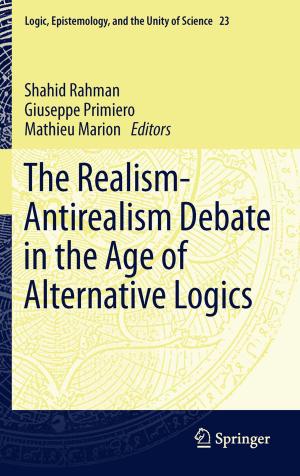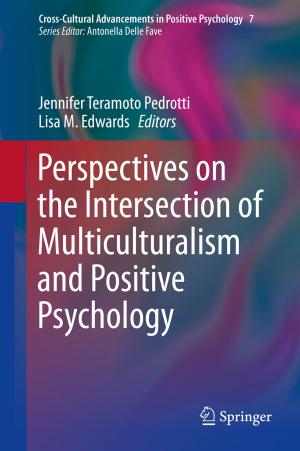Quantum Reprogramming
Ensembles and Single Systems: A Two-Tier Approach to Quantum Mechanics
Nonfiction, Religion & Spirituality, Philosophy, Metaphysics, History| Author: | E.J. Post | ISBN: | 9789401584104 |
| Publisher: | Springer Netherlands | Publication: | June 29, 2013 |
| Imprint: | Springer | Language: | English |
| Author: | E.J. Post |
| ISBN: | 9789401584104 |
| Publisher: | Springer Netherlands |
| Publication: | June 29, 2013 |
| Imprint: | Springer |
| Language: | English |
Many, perhaps most textbooks of quantum mechanics present a Copenhagen, single system angle; fewer present the subject matter as an instrument for treating ensembles, but the two methods have been silently coexisting since the mid-Thirties. This lingering dichotomy of purpose for a major physical discipline has much shrouded further insights into the foundations of quantum theory.
Quantum Reprogramming resolves this long-standing dichotomy by examining the mutual relation between single systems and ensembles, assigning each its own tools for treating the subject at hand: i.e., Schrödinger-Dirac methods for ensembles versus period integrals for single systems.
A unified treatment of integer and fractional quantum Hall effects and a finite description of the electron's anomalies are mentioned as measures of justification for the chosen procedure of resolving an old-time dichotomy. The methods of presentation are, in part, elementary, with repetitive references needed to delineate differences with respect to standard methods. The parts on period integrals are developed with a perspective on elementary methods in physics, thus leading up to some standard results of de Rham theory and algebraic topology.
Audience: Students of physics, mathematics, philosophers as well as outsiders with a general interest in the conceptual development of physics will find useful reading in these pages, which will stimulate further inquiry and study.
Many, perhaps most textbooks of quantum mechanics present a Copenhagen, single system angle; fewer present the subject matter as an instrument for treating ensembles, but the two methods have been silently coexisting since the mid-Thirties. This lingering dichotomy of purpose for a major physical discipline has much shrouded further insights into the foundations of quantum theory.
Quantum Reprogramming resolves this long-standing dichotomy by examining the mutual relation between single systems and ensembles, assigning each its own tools for treating the subject at hand: i.e., Schrödinger-Dirac methods for ensembles versus period integrals for single systems.
A unified treatment of integer and fractional quantum Hall effects and a finite description of the electron's anomalies are mentioned as measures of justification for the chosen procedure of resolving an old-time dichotomy. The methods of presentation are, in part, elementary, with repetitive references needed to delineate differences with respect to standard methods. The parts on period integrals are developed with a perspective on elementary methods in physics, thus leading up to some standard results of de Rham theory and algebraic topology.
Audience: Students of physics, mathematics, philosophers as well as outsiders with a general interest in the conceptual development of physics will find useful reading in these pages, which will stimulate further inquiry and study.
